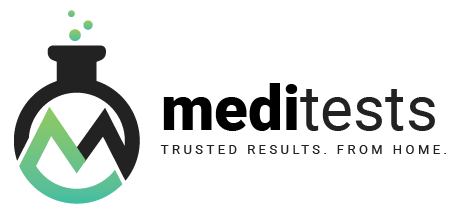Drug abuse is a serious and widespread issue affecting families everywhere. While it often starts outside the home, it can quickly become a problem that reaches inside the household. As parents, recognizing the signs of drug use and acting early is crucial. In this guide, we’ll explore common causes of teen drug use, how to identify it, and the steps to take if you suspect a problem.
Key Questions to Ask
- What are the signs of drug use among teens?
- How can parents prevent their kids from using drugs?
- What should you do if you discover drug use in your home?
- How can counseling help with teen drug problems?
Understanding Teen Drug Use
Teen drug use is a serious concern that affects both the individual and their family. It’s often driven by external factors like peer pressure, social environments, and even exposure to drugs at parties or in social settings. Teens, in particular, are more susceptible to the influence of their peers, which can lead to experimentation with drugs or alcohol.
Common Risk Factors for Teen Drug Use:
- Peer pressure from friends or classmates
- Social gatherings like parties and clubs
- Seeking to fit in or "be cool" with others
- Stress or emotional struggles
- Easy access to drugs in the community
Prevention: How to Help Your Teen Stay Drug-Free
Preventing teen drug use begins with open communication and education. By providing the right tools and support, you can help your child avoid the temptation to try drugs.
Effective Strategies for Prevention:
- Education: Talk openly with your teen about the dangers of drug use. Be clear and honest about the risks.
- Parental Involvement: Stay actively involved in your teen’s life. Know where they go, who they hang out with, and what they do in their free time.
- Create Boundaries: Set clear rules about drug use and the consequences for breaking those rules.
- Be Supportive, Not Judgmental: Approach the issue with understanding and avoid making your teen feel ashamed or alienated.
What to Do If You Suspect Drug Use in Your Home
If you suspect your teen is using drugs, it’s important to address the situation quickly and calmly. The longer you wait, the harder it becomes to solve the problem. Acknowledging the issue is the first step in finding a solution.
Steps to Take:
- Don’t Ignore the Signs: Look for signs of drug use, such as changes in behavior, mood swings, and physical symptoms.
- Have a Conversation: Approach your teen in a non-confrontational way. Share your concerns and ask open-ended questions.
- Use Drug Testing: Home drug tests can provide a clear answer if you suspect your teen is using drugs.
- Seek Professional Help: Reach out to experts for advice. Government and nonprofit organizations offer counseling and resources for families dealing with drug abuse.
The Role of Counseling and External Support
Professional counseling can provide valuable support for both the teen and the family. A trained counselor can help your teen understand the consequences of their actions and offer strategies to break free from drug use.
Why Counseling is Important:
- Objective Perspective: A counselor provides an impartial view of the situation, which can be helpful when emotions are running high.
- Expert Guidance: Counselors are experienced in handling cases of drug abuse and can suggest effective treatments.
- Family Support: Counseling can also help families navigate difficult conversations and learn how to best support their loved ones.
The Importance of Early Intervention
The earlier you identify and address drug use, the easier it is to prevent long-term damage. Early intervention can help prevent your teen from becoming addicted to drugs and help your family avoid the many challenges that come with drug abuse.
Conclusion: Understanding, Acceptance, and Action
Drug use among teens is a complex problem, but with early intervention, education, and support, it can be addressed effectively. By fostering open communication and seeking professional help, families can work together to overcome this challenge. Remember, acknowledging the issue and taking action early can make all the difference in ensuring a healthier future for your teen.
Key Takeaways:
- Early prevention and education are essential to reducing the risk of drug use.
- Parental involvement and setting clear boundaries can help keep teens drug-free.
- Counseling is an effective tool for both prevention and treatment of drug use in teens.
- Early intervention is crucial to prevent long-term addiction and negative consequences.



















































































